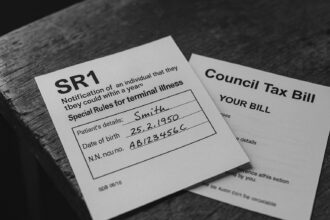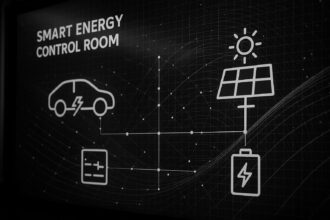As Australia grapples with a cost-of-living crisis, Treasurer Jim Chalmers is set to present a 2024 federal budget focused on fiscal prudence, tax cuts, and social investment, amidst criticism over environmental policies.
The Australian Federal Treasurer, Jim Chalmers, is preparing to present the 2024 federal budget, which is anticipated to address various economic challenges including the cost-of-living crisis. As revealed in recent statements, the budget will not increase direct payments to jobseekers but will expand concessions and rebates aimed at alleviating financial pressures without fueling inflation. This includes enhanced rent assistance and potential extensions to energy rebates for low-income families.
The government also promises tax cuts scheduled for implementation from July 1, designed to support those on fixed incomes and pensions. Chalmers emphasizes the budget’s focus on fiscal discipline while enhancing social investments and managing inflation effectively, with a noteworthy attention to addressing Australia’s housing shortage exacerbated by increased migration.
Amidst these fiscal plans, the Australian government has faced internal and external criticism for its decision to incorporate gas into its energy strategy. Despite the Labor Party’s commitment to a greener future, Chalmers has outlined a strategy that positions gas as a transition fuel to bridge the gap until renewable technologies are more viable. This approach has prompted backlash from environmentalists and factions within the Labor Party, voicing concerns over the potential impacts on their constituencies and the broader environmental repercussions.
In response to this controversy, Chalmers has indicated that future budgets will see substantial investments in renewable energy, portraying a dual strategy that seeks to balance immediate energy needs with long-term environmental goals.
These unfolding developments arrive as the national election approaches, setting the stage for heightened scrutiny on the Labor Party’s strategies and budgetary choices.













